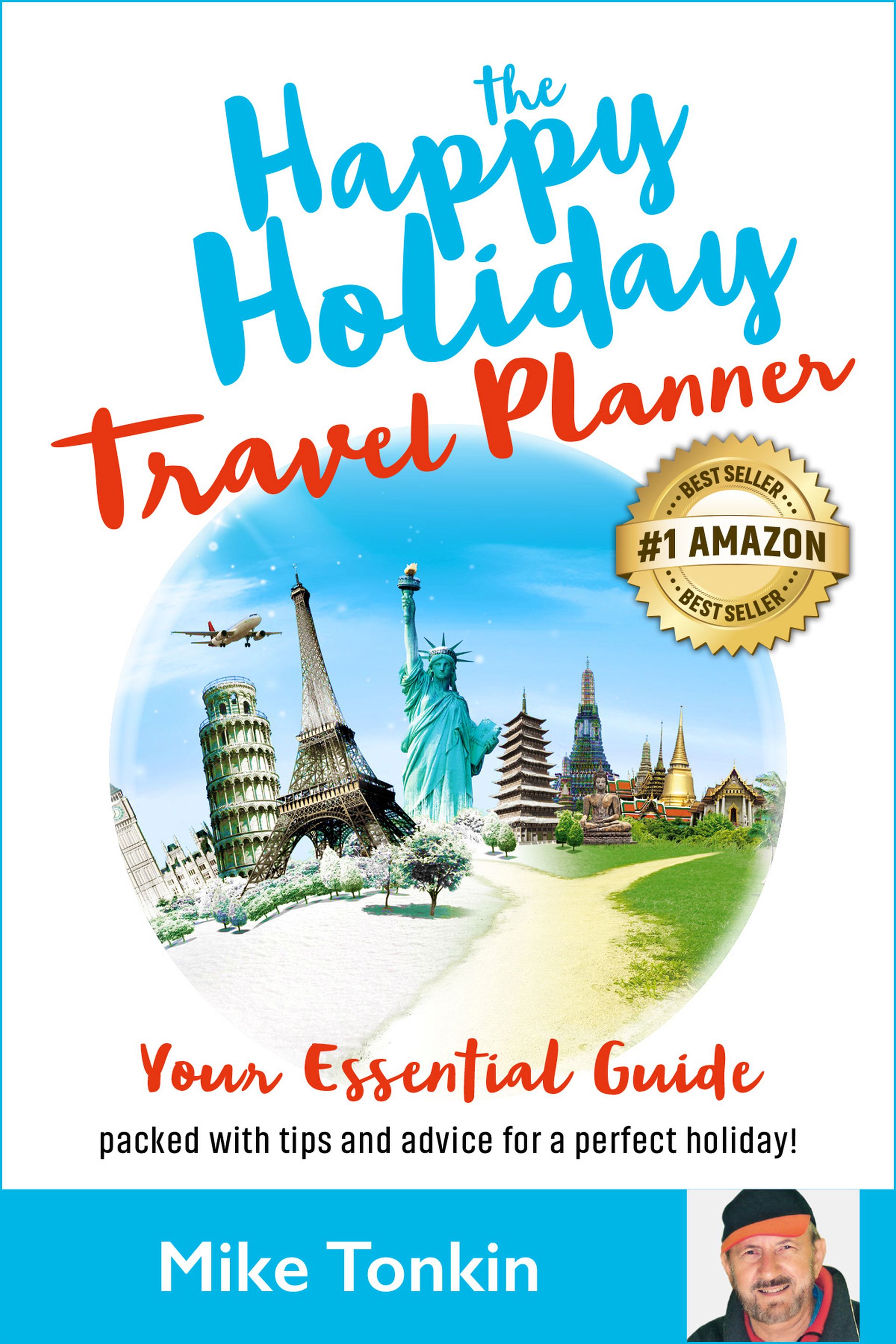Everywhere we see cheap “Deals” for tours with amazing offers, with many claimed to be “Luxury” or “Deluxe”. How do they get such cheap prices, and how can a traveller decide which are genuine?
Here the travel “Insider” (me) lifts the lid on what happens behind the scenes so that you are better armed to make your choice.
There are good deals to be had, but also there are many that are totally misleading. So take your time to investigate, and never rush in and impulse buy.
My aim here is help you to be fully aware of what you are buying, so you will have a happy holiday.
HOW CHEAP TOUR PRICES ARE CREATED
1. Time of year. During the winter when the weather is wet and cold (UK), during the monsoon or cyclone season (South Pacific), or either side of annual summer holiday times, hotels drop their prices which is reflected in tour prices. Tour guides and coaches are also cheaper, so that also helps to reduce the cost. It just depends on whether you can travel at that time, or can tolerate cold wet weather or risk of cyclones.
2. After natural distasters. We have seen a number of these in recent times – volcanoes, typhoons, tsunamis, earthquakes. Once things are back to normal, hotels are desperate for business and you will see lots of deals.
3. After political upheaval or terrorism. We have seen this recently in places like Egypt and Turkey where tour prices have been slashed because of visitor numbers falling dramatically, and hotels desperate for business. I have just seen a really good one for Egypt for $3,999 for 10 days – all genuine 5-star hotels with a Nile cruise as well.
4. Hotels in out of season locations. Hotels in ski resorts in the mountains during the summer, beach resorts in the winter – these are often used by tour operators and offer great value – 5-star hotels sometimes at 3-star prices.
5. Hotels in less favourable locations. This one has always been around but is becoming more common. Airport hotels on a weekend when they have lower occupancy have always been used to cut prices. However now we see great use of “name”4-star hotels like Sheraton, in locations far from the city centre or in commercial/semi-industrial areas, also not central. It allows the tour operator to make grandiose claims about the hotel standards, but doesn’t mention that you may be marooned during your free time. And you may also spend much time in a coach back and forth to the major sightseeing attractions.
6. Worst rooms in the best hotel. Even top hotels sometimes have leadin rooms which are not up to the standard of the majority of the rooms. A 4-star hotel may have some 3-star rooms – or even worse – unrenovated.
7. Hotels not named in the tour program. This one really gets up my nose, especially when the tour brochure/program says something like ” Superior hotels” (whatever that means) or “first class hotels”. There are only two reasons why they won’t spell it out. Either they don’t want you to know, or they have certain hotels booked, but as it get closer to the time they are hoping to “screw” some others for cheaper prices. Ethical tour operators tell you what hotels they are using.
8. Cheap and nasty hotels. Nuff said.
9. Weekend rates in 4 and 5-star hotels. The latter often have much of their business from conferences held during the week so Friday to Monday they have lots of space and drop their rates. Smart tour operators arrange their programs to take advantage of this, and you can benefit at great hotels at a lesser price.
10. Meals. Breakfast can be a very basic continental at a low cost, or a comprehensive buffet at a much higher cost to the operator. No lunches or dinners keeps the cost down, especially in more expensive hotels. A 3-course group dinner in a 4-star hotel in USA and Europe will cost about $50 nett, so there are big savings if no dinners are included. And of course an operator can include dinners, but choose very basic cheap menus for the passengers.
11. Transportation. If travelling by rail, 2nd class can be used, and for coaches they can be hired from nearby countries where perhaps wages and costs are far lower. Even with the popular river cruising, there are some very good less expensive alternative companies. Using transport alternatives can cut costs without necessarily cutting the quality of the experience.
12. Tour managers and guides. Operating a tour without an accompanying professional tour manager/guide, and using only local guides can cut perhaps 10% from the cost of a tour. But then it lessens the day by day experience and leaves much to chance. And even with local guides, using less experienced ones instead of senior experienced ones can also save money. Some tours even use untrained local students, which I find totally unacceptable.
13. Minimal inclusions but lots of optionals. The more sightseeing, and particularly entrances, included then the more expensive the tour. So the tour cost is kept lower by not including much, but offering them as optionals for which you pay when on the tour. The tour operator makes money on the optionals, and the tour manager often has been given a quota/target of optionals to sell. So he will be pushing them hard onto the passengers! This mode of operation has been around for decades and is still going strong.
14. No gratuities, porterage or arrrival and departure transfers included.
15. Tours to countries where labour and hotel costs are very cheap. Cambodia and Vietnam are places which come to mind where the actual cost of the land content is so cheap to buy. A 5-star program can cost the same as 3-star program in other countries. Keep this in mind when looking at cheap deals to such countries. Yes there are great prices, but you still need to ensure that you are getting real value for money. Then spend up big when you get there so that the locals really benefit.
A Case Study – Cheap China Tours
There are some amazingly cheap prices in the travel press for short tours to China. These include return airfares, transfers, accommodation in 4-star hotels in major cities, high speed rail, some sightseeing, and often an option for a cheap 4-day Yangtse river cruise.
The prices are so low as to be almost unbelievable. So how do they do it, and what are you going to get on these tours? So I asked my China ground operator, a long standing well respected company, and the Managing Director told me how.
1. The tour operator obtains a very cheap group return airfare from an established Chinese airline.
2. When the group arrives at Beijing airport, they are met by a guide with a coach and are transferred to their hotel. This guide and coach/driver are provided FREE by the local operator.
3. The hotel in Beijing is a 4-star but at least 1 hour from the centre. Hence the rooms are cheap and bought at about USD40 per night per room including breakfast. That is cheap!
4. Next day the guide and coach collect the group from the hotel and take them for a tour to Tiananmen Square and the Forbidden City which is all over in 90 minutes. No hanging about! This tour is provided FREE by the local operator. The afternoon is then taken up with a visit to jade factory, silk factory, carpet factory where they are encouraged to buy…. get the picture? The local operator is earning commission on all sales.
5. The travellers now have 2 more days in Beijing located way out in the suburbs, unable to get around Beijing on their own (some will try). So they buy tours from the local operator to the Great Wall, Summer Palace, Temple of Heaven, Peking Duck dinner etc.. And they take dinners at the hotel because they have no option. So both the hotel and local tour operator are reaping their rewards.
6. The group then travel by high speed train (very cheap in China) to another Chinese city where a similar process is repeated.
7. The group is normally offered an optional 4-day Yangtse river cruise at about $100 per day which is exceptionally cheap. But I know someone who did one recently, and was very very disappointed. It was a basic 3-star ship with very poor levels of English, and she sustained food poisoning and spent 2 days in her cabin when no one came near her. At this price you will NOT be travelling on one of the 4 to 5-star ships offered by some well known companies.
So that is how cheap China tours are done. For people ticking off boxes, such a tour may be adequate but at least now you are aware and can decide if it is for you.
MIKE’S CHECKLIST
1. Check time of year for weather, hours of daylight, school holidays, local events.
2. Itinerary and inclusions. Is it going where you want to go? This is SO important. And will it “visit” that attraction that you are desperate to see inside? What number of sightseeing/entrances are included? How many optionals are there and what will they cost? Are they subject to minimum numbers – important! Look out for “padding” in the itinerary – lists of sights that you see anyway as you pass by at no cost.
2. Hotels – what and where are they located? What room types? Can you see pictures of the room type?
3. Meals – Is breakfast a buffet and how many lunches and dinners are included?
4. Transport. Are they using full sized coaches or mini-buses which can be uncomfortable. If rail travel is overnight, what is the standard of the sleeping compartments?
5. Is there a professional tour manager accompanying the group – not just a tour escort. Where are experienced local guides being used?
6. Ask the tour operator all the questions that you need answered, and if they are vague or don’t know then BUYER BEWARE. Find a quality operator who will be more expensive, or take your chances..
If all looks ok to you then pay your money and off you go….happy holiday!








Leave a reply